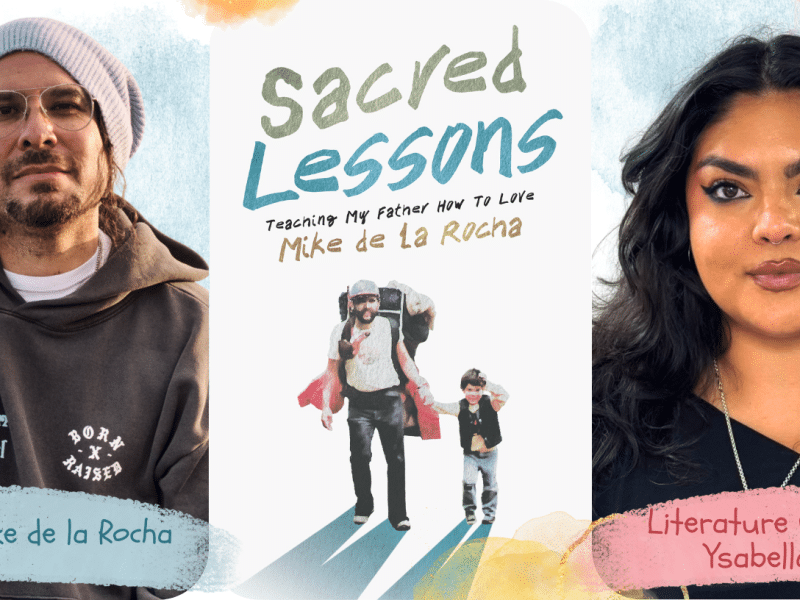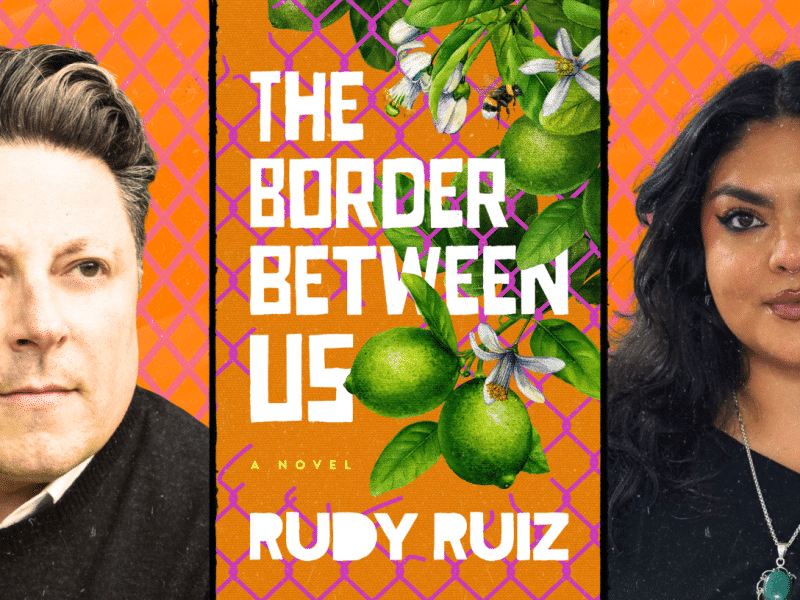The Real Meaning Behind Bad Bunny’s “Andrea”
“Andrea” highlights important issues occurring in Puerto Rico and how they affect women. We dive into this meaningful Bad Bunny song.

If you’re anything like us, you’ve had Bad Bunny’s latest release “Un Verano Sin Ti” on nonstop repeat. One of our favorite songs on the hit album is definitely “Andrea”.
Featuring Puerto Rican wife-husband duo Buscabulla, inspired by the archetype of the Puerto Rican woman (despite many thinking it was about Andrea Ruiz Costas, a Puerto Rican woman murdered by boyfriend). Though the song itself is one of many hits on the album, the song’s meaning makes this song of the reggaetonero’s best releases of this year, in our humble opinion.
“Andrea” highlights important issues occurring in Puerto Rico and how they affect women. Bad Bunny explained that the main theme of the song centers around Andrea, a woman who is a dreamer aiming for more than what the island currently has to offer. Despite being strong, independent, and intelligent, the Andrea represented in the song faces constant obstacles in her quest for happiness and success.
The lyrics of the song focus on her wanting a better quality partner than gangsters and drug dealers, wanting to be treated well by lovers instead of abused, and how despite being a sex worker she aims for more for herself. The track is a true anthem of female empowerment working to support women as they attempt to aim for higher realms of success.
“I love that many women have found themselves identified with it and perhaps that the family members of Andrea can identify her with it. Surely there were also many women who have been murdered that are that Andrea [from the song]. The reality and purpose of the song is that the Andrea from the song is still alive and wants to stay alive,” the rapper said when he explained that the song was not based on the highly publicized murder but rather, a fictional character.
Though Ruiz Costas is not the Andrea of the song, Bad Bunny has been known to have an active stance against the violence women face in Puerto Rico. The U.S. colony has been experiencing a femicide crisis for years, where violence against women is at its highest rate ever. An ACLU report places the island as having the highest per capita rate of women over 14 being killed by their partners in the world, an astonishing statistic from a place with a projected population of only 2.8 million people.
The song is an active representation of how machismo in Latinx culture is toxic to everyone involved, from maintaining an impossible standard of how men should behave to how it creates victims out of otherwise strong and capable women. Latinx women are often celebrated for their resiliency, but a big reason why strength is so celebrated is because of the impossible conditions we must overcome to take up space.
In addition to addressing violence against women, “Andrea” touches on yet another issue affecting those on the island: the lack of upward mobility for professionals and workers. The line “quiere quedarse en PR, no irse pa’ ningún estado, pero todo se ha complicado” (“she wants to stay in Puerto Rico, not go to any state, but everything has become complicated”) addresses the issue of how many younger inhabitants of the island find themselves needing to leave to find professional opportunity, often to the mainland United States.
Bad Bunny performed the song for the first time on June 4th in Puerto Rico at Buscabulla’s first concert post-COVID. You can check out the rapper’s great outfit and a short clip of the performance below, via his Instagram.




